The notion of “scale” gets a great deal of attention in the social enterprise world. It seems to suggest fast growth from taking a successful model to expanded size, locations and social impact, all at warp speed. Social capital, business competitions, even funders often talk about scale as if it were the ultimate goal for every social enterprise, and those that aren’t ready “to go to scale” need to find a way to get there.
Avoid Growth for Growth’s Sake
Sure, growth is often a good thing, but rapid growth often is not. Moreover, “going to scale” just isn’t practical for most social enterprises, who, collectively, achieve far greater social impact that all the steroid “scaled” social enterprises out there.
Basically, I’m concerned that by paying so much attention to scaling we may be diverting attention, dollars and talent away from those organizations that have the greatest impact.
Sure, there are dramatic examples of great leaders scaling great ideas into even greater social impact — Grameen Bank is often cited for this. These wonderful but still rare stories are so inspiring that funders and impact investors often seem to expect this as the new standard. But what we don’t read so much about are all the failed attempts at going to scale.
Failed not just in that their lofty goals were not reached, but also because they damaged or even ruined the organization that decided to scale quickly. Going too far out on the risk curve is not always good for a social enterprise’s long term prospects. My blog dissecting the demise of Shore Bank comes to mind on that point.
Grow Impact, Not (Necessarily) The Organization
The good news is that impact growth can be achieved in multiple ways. If taking your social enterprise to scale doesn’t make sense, you can still scale your impact by helping other organizations adopt (or adapt) your model. This could easily have much greater impact without the risk and costs of trying to balloon your organization too quickly.
That could be accomplished through technical assistance, training, partnerships, or some kind of affiliate relationship. Those approaches are not without challenges, in that funders often prefer grants for which they can directly attribute results rather than funding intermediaries. And quality control can be a problem, without the ability to enforce standards in any consistent manner. But there are alternatives to scaling your organization, which might work better for you.
All in all, we would be well-served to pause our push for scale organizations occasionally to explore other alternatives to scaling impact, which is really all that matters.
Your thoughts?
Good luck!
- Copyright © 2013 Rolfe Larson Associates
- Social Impact App, find social enterprises nearby and online
- Venture Forth! endorsed by Paul Newman of Newman’s Own
- Speaker, Social Enterprise Summit, Minneapolis, May 19-22, 2013
 Sections of this topic
Sections of this topic

















